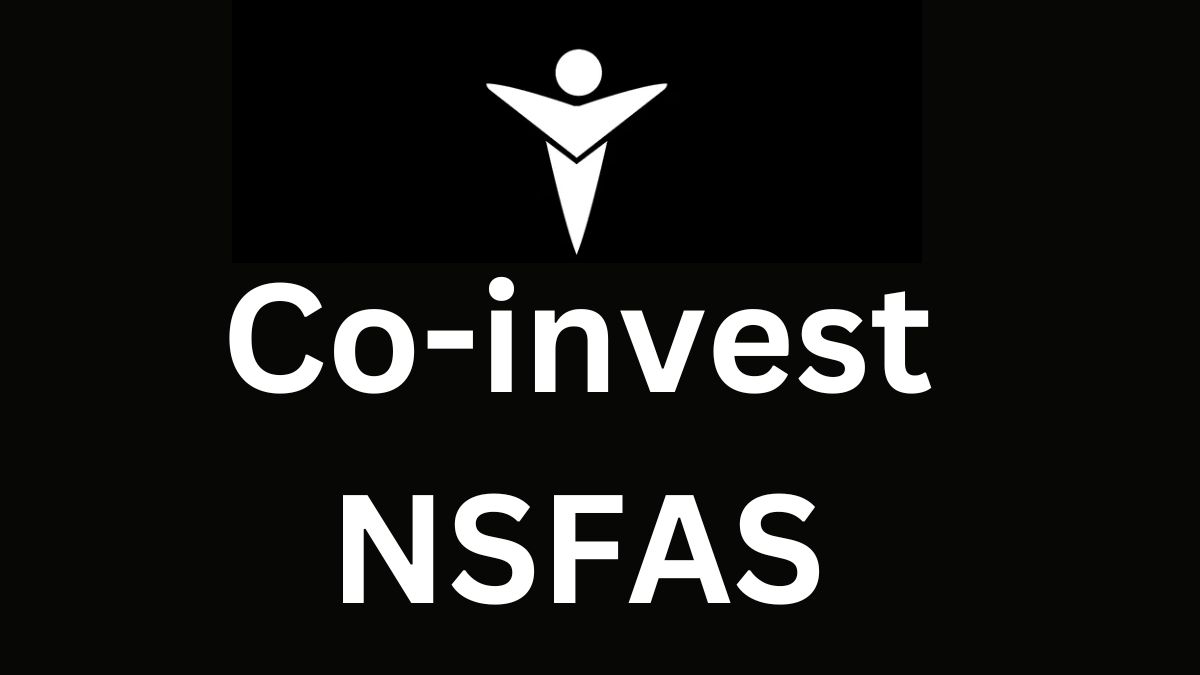Navigating the rental market can be a daunting task, especially when it comes to understanding the various fees associated with renting an apartment. Among these, rental application fees are a common but often misunderstood expense. In this article, we’ll break down what these fees are, why they’re charged, and the regulations surrounding them, helping you to make informed decisions as you search for your next home.
What Are Rental Application Fees?
The Purpose of Application Fees
Rental application fees are charges levied by landlords or property management companies to cover the costs of processing a rental application. These fees typically pay for background checks, credit checks, and the administrative costs of reviewing rental applications. They are charged per applicant and are usually non-refundable, even if the application is not successful.
Typical Costs
The cost of rental application fees can vary significantly depending on the location, the landlord, and the type of property. In general, you can expect to pay anywhere from $20 to $75 per application. It’s important to factor in these costs when budgeting for a new rental, especially if you’re applying to multiple properties.
If you’re currently in the process of looking for a rental and concerned about application fees, a great resource is browsing through apartments for rent. Here, you can often find listings that detail the application fees upfront, helping you manage your budget more effectively.
Regulations Governing Application Fees
State and Local Laws
The regulations surrounding rental application fees vary by state and even by city. Some states have capped the amount that can be charged, while others have more relaxed regulations. It’s crucial to be aware of the laws in your area to ensure that you are not being overcharged.
Transparency and Receipts
Many places require landlords to be transparent about how the application fee will be used and to provide receipts. This helps ensure that the fees are being used appropriately and not for profit. If you’re unsure about the regulations in your area, a quick online search or consultation with a local tenants’ rights organization can provide clarity.
How to Navigate Application Fees
Researching Before Applying
Before you apply for a rental, do your research. Understand the average application fee in the area and what it covers. This can help you budget accordingly and avoid any surprises. It’s also a good practice to ask the landlord or property manager about the application fee and its usage upfront.
Planning Your Applications
Since application fees can add up quickly, especially if you’re applying to multiple properties, plan your applications strategically. Prioritize properties that best fit your needs and budget, and try to limit the number of applications to avoid unnecessary expenses.
Asking About Fee Waivers
In some cases, landlords may be willing to waive the application fee, particularly if they’re eager to fill the property. It doesn’t hurt to ask, especially if you’re a strong candidate with a good rental history and credit score.
What to Do if You Suspect Overcharging
Understanding Your Rights
If you suspect that you’re being overcharged for an application fee, it’s important to understand your rights. Check the local regulations regarding the maximum allowable fees and the required disclosures.
Addressing the Issue
If you find discrepancies, address the issue with the landlord or property manager. Calmly and professionally present your findings and ask for clarification or adjustment of the fee.
Seeking Legal Advice
If the issue isn’t resolved to your satisfaction, you may need to seek legal advice. Contact a tenants’ rights organization or a lawyer specializing in tenant law to discuss your options.
Conclusion
Rental application fees are a standard part of the apartment hunting process, but understanding them is key to avoiding surprises and managing your budget. By being aware of the regulations in your area, researching potential properties, and strategically planning your applications, you can navigate these fees effectively. Remember, knowledge is power, especially when it comes to understanding the costs and regulations of renting an apartment.










